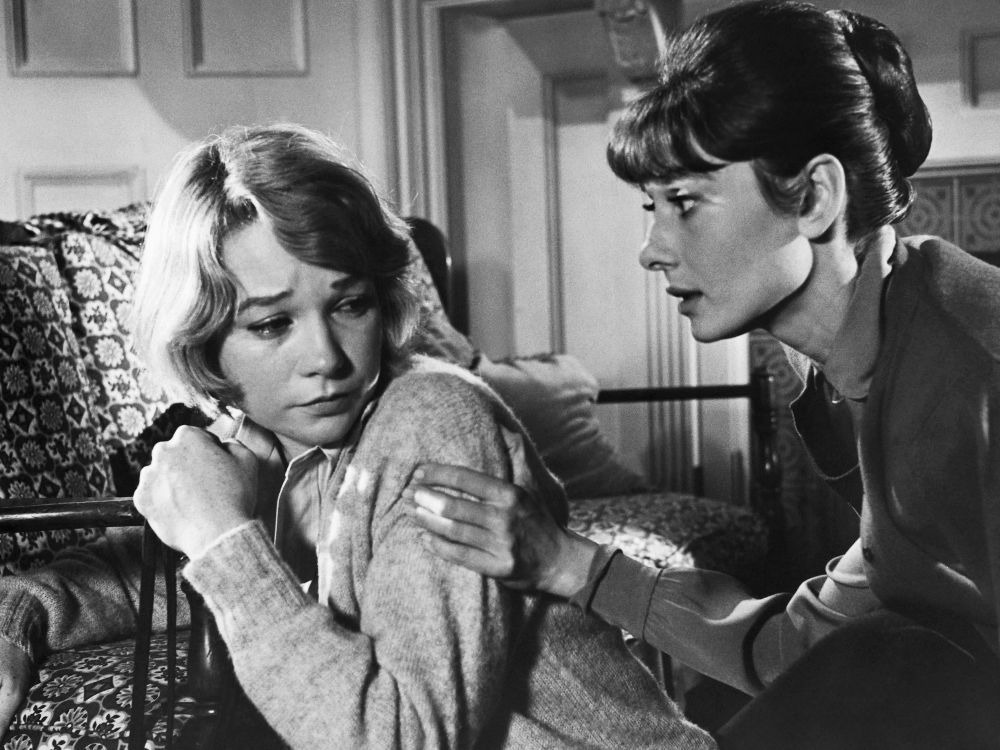
“Emblematic of Hollywood’s output of films dealing with the nation’s emerging gender problematic was United Artist’s realease of The Children’s Hour as the year came to a close. The Children’s Hour is a cinematic distillation of a number of the era’s social contradictions involving generational, gender, and class conflicts.”
Barry Keith Grant1
“There are no favorite settings or landscapes for Wyler. At most, there is an evident fondness for psychological scenarios set against social back grounds. Yet, even though Wyler has become a master at treating this kind of subject, adapted either from a novel like Jezebel or a play like The Little Foxes, even though his work as a whole leaves us with the piercing and rigorous impression of a psychological analysis, it does not call to mind sumptuously eloquent images suggesting a formal beauty that would demand serious consideration. The style of a director cannot be defined, however, only in terms of his predilection for psychological analysis and social realism, even less so here since we are not dealing with original scripts.”
André Bazin2